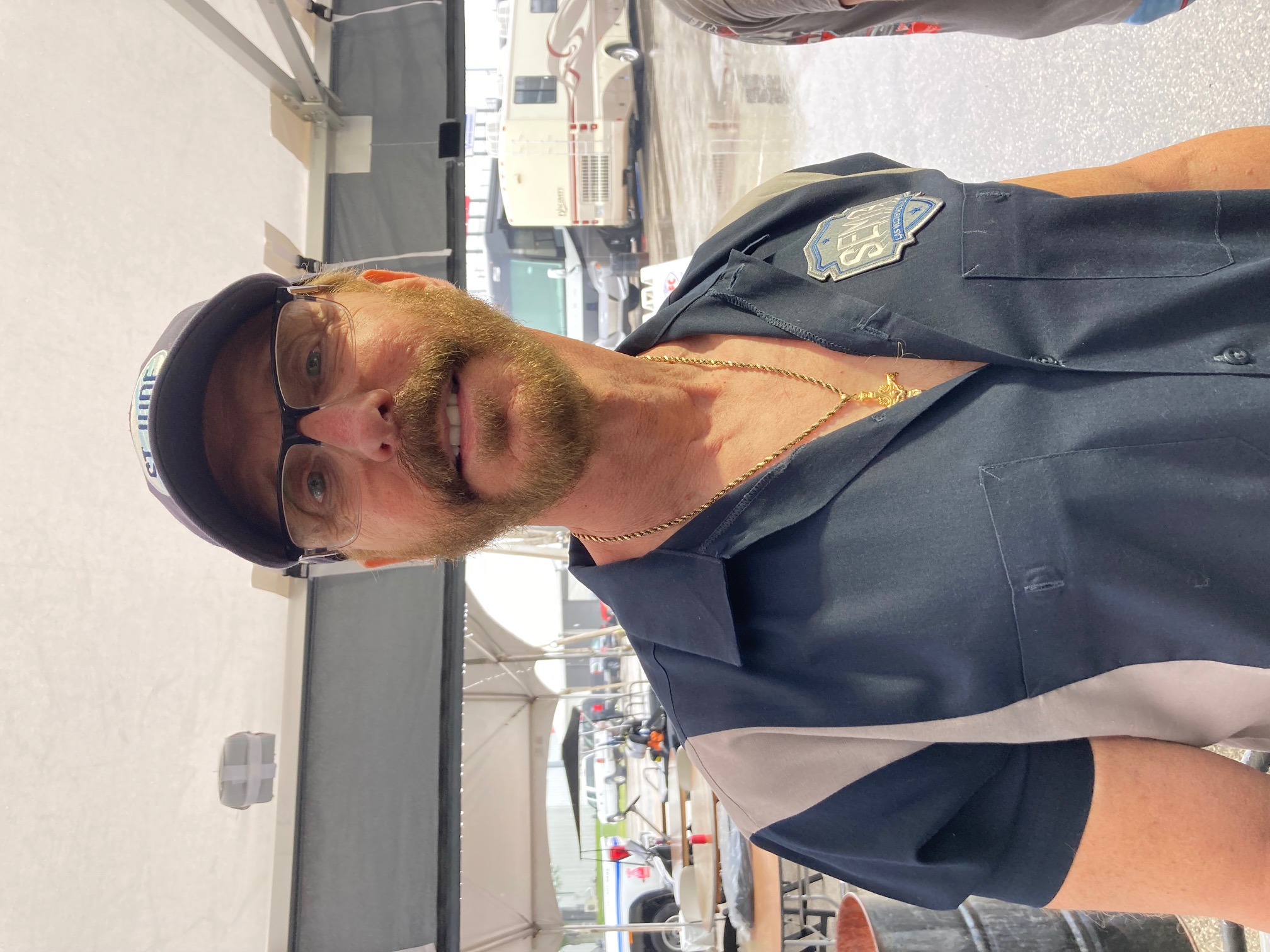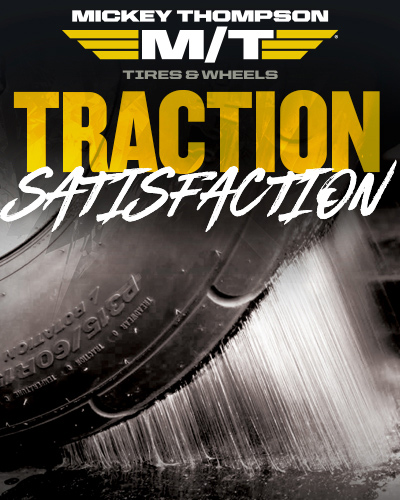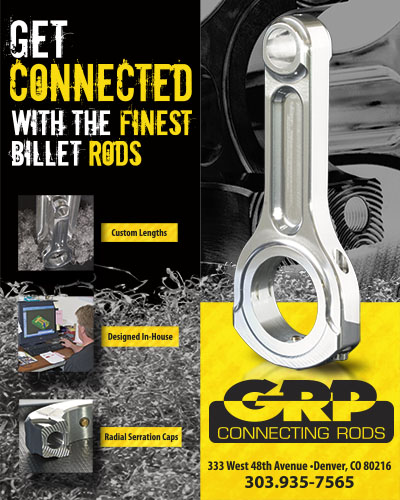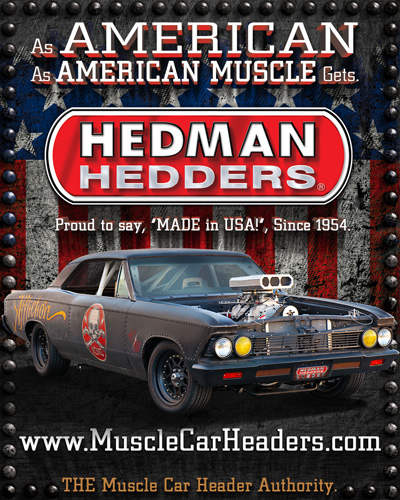NHRA COMP LEGEND COLEMAN RODDY LURKS IN THE DRAG RACING SHADOWS

 Some of the most extraordinary drag racing careers began with the humblest goals. Frank Manzo dreamed of just winning one race and ended up winning 105 of them and 17 championships.
Some of the most extraordinary drag racing careers began with the humblest goals. Frank Manzo dreamed of just winning one race and ended up winning 105 of them and 17 championships.
If only Coleman Roddy had such initial goals as Manzo. Instead of winning a race, Roddy wanted to do just good enough in competition to have his name mentioned in the pages of National DRAGSTER, the NHRA's house publication. Let the record reflect that winning two world championships will get the job done. It will also get you on the cover and makes you a legend in many drag racing circles. Over the weekend at the NHRA Division 4 Lucas Oil Drag Racing Series, Roddy, who won NHRA Comp championships in 1983 and 1984, was a legendary face in the pits at Houston Raceway Park.
Roddy was reminded of his status many times over the course of the weekend.
"I don't even know how to react to that," Roddy admitted. "I never thought of myself as that. I was very glad and honored to be able to represent Division 4. Dale Ham was my Division Director, and I gave Division 4 my all. And I hope I represented them in a manner that was conducive to the children.
"The one thing I am proud of is that a lot of these guys out here now that are the big deals used to hang out in my trailer some. I'm not mentioning any names, but a lot of guys that have done a lot more as far as winning world championships than I have. I am very happy about that."
Roddy was at Houston Raceway Park as a guest of his friend Rodger Brogdon, a racer he proudly proclaims as a saving grace for Competition Eliminator, a class he so proudly represented after Modified Eliminator was disbanded in 1981.
Just as quickly as he burst onto the main stage of drag racing, he walked away at 32 years old, having reached the pinnacle of success.
"It was all about money for us when we retired," Roddy said. "At the end of '84, when we quit, we quit as the reigning World Champion. Me and my father decided at that point in time that we really couldn't afford to do it without a big sponsor. I could've potentially run maybe another ten years. I could've been competitive for another 10 or 12 years like the guy that I considered the best of my era, which was Bill Maropulos.
"I still love drag racing and always will."
Roddy has admitted one thing could bring him out of retirement.
"If I hit the lottery, sure would," Roddy said with a smile. "I'd be racing tomorrow, but it just got to the point where we knew that without the big sponsorship, we didn't want to go broke racing."
 Roddy admits the fire still burns, but his business sense reassures him that it's perfectly acceptable to live vicariously through others.
Roddy admits the fire still burns, but his business sense reassures him that it's perfectly acceptable to live vicariously through others.
"I don't really know what to say other than I had my day," Roddy said. "We accomplished things that we never dreamed of accomplishing in the racing community."
Roddy said that while he gets the credit, it should be noted that without the help of engine builder David Nickens, John Harrison, and Vic Custer, he would have still been hoping for a mention in National DRAGSTER.
Today, Roddy proclaims a different Comp Eliminator exists than the one he mastered for two seasons.
"You have to imagine a world that we were racing in where there wasn't any computers at all," Roddy explained. "There wasn't a rev limiter. There wasn't a two-step rev limiter. There weren't O2 sensors. There weren't Recepacks. We never had any of my motors on a Dynamometer. We went to the race track, and we tested and we might go to Houston International on a Wednesday and have the two motors that I had in the car in and out of the car three times. We might change three motors in one day of testing.
"We worked really, really, really hard at making ourselves competitive because if you could win in Houston back in those days, you were really a bad hombre."
And, as Roddy knew back then, only the bad hombres got mentioned in National DRAGSTER.








































